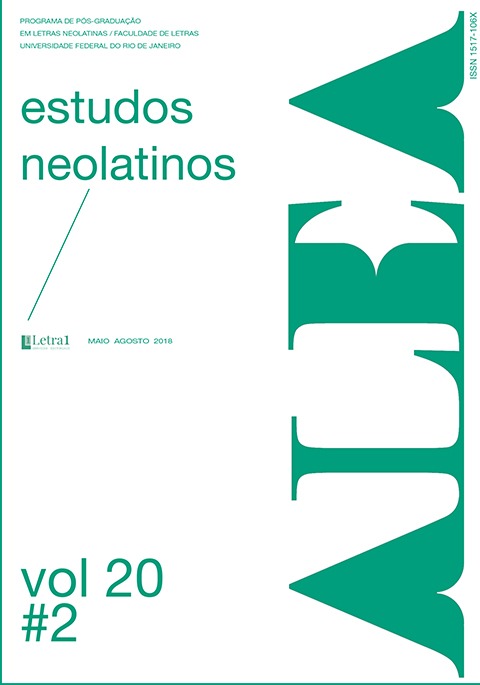A imanência consegue explicar os conflitos sociais?
Resumen
Numa entrevista recente (vide RANCIÈRE, “Peuple ou multitudes: Question d'Eric Alliez à Jacques Rancière”, Multitudes n. 9, maio/junho 2002: 95-100), Jacques Rancière contrapõe sua noção de “povo” (peuple) (vide RANCIÈRE, La Mésentente. Paris: Galilée, 1995) à categoria de “multidão” como é apresentada pelos autores de Império. Como se sabe, Rancière distingue entre os dois sentidos da palavra “política”, sendo o primeiro a lógica de quantificar e designar a população a lugares diferenciados, enquanto o segundo subverte essa lógica diferenciadora por meio da constituição de um discurso igualitário que coloca em questão as identidades estabelecidas. “O povo” é o sujeito específico da política [politics] e pressupõe uma divisão expressiva no corpo social que impede o retorno a qualquer tipo de unidade imanente. A abordagem de Império, em contrapartida, faz da imanência sua categoria central e o fundamento último da unidade da multidão.Citas
HARDT, Michael; NEGRI, Antonio. Empire. Cambridge, MA: Harvard UP, 2000.
HARDT, Michael; NEGRI, Antonio. Império. Tradução de Berilo Vargas. Rio de Janeiro: Record, 2001.
LACLAU, E. Emancipação e diferença. Rio de Janeiro: EdUerj, 2011. LACLAU, E. Emancipation(s). London: Verso, 1996.
LACLAU, Ernesto. Can Immanence Explain Social Struggles? Diacritics, v. 31, n.4, 2001, p.3-10. doi https://doi.org/10.1353/dia.2004.0008
Descargas
Publicado
Número
Sección
Licencia
EL/LOS/LA/S AUTOR/ES/AS confirma/n su participación en todas las etapas de elaboración del trabajo: 1) Concepción, proyecto, investigación bibliográfica, análisis e interpretación de los datos; 2) Redacción y revisión de los manuscritos; 3) Aprobación de la versión final del manuscrito para publicación; 4) Responsabilidad por todos los aspectos del trabajo y garantía de exactitud e integridad de cualquier parte de la obra. El envío de los trabajos implica la cesión inmediata y sin costo, por parte de todos os autores, de los derechos de publicación para la revista Alea, la cual estáafiliada al sistema CreativeCommons, atribución CC-BY (https://creativecommons.org/licenses/by/4.0/). EL/LOS/LA/S AUTOR/ES/AS es/son integralmente responsable/s por el contenido del artículo y continua/n reteniendo todos los derechos autorales para publicaciones posteriores del mismo, debiendo, si es posible, dejar constancia en las referencias a la primera publicación en la revista. Alea no se compromete a devolver las contribuciones recibidas. EL/LOS/LA/S AUTOR/ES/AS de artículos, reseñas o traducciones recibirán un ejemplar de la revista.

